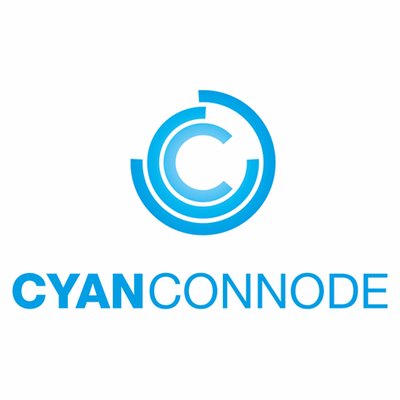Urbanisation is transforming the world at an unprecedented pace, with more than 68% of the global population expected to live in cities by 2050. This rapid shift presents a significant challenge in managing resources effectively, pushing cities to adopt smarter, data-driven solutions. By integrating Internet of Things (IoT) technology and smart metering, cities can optimise essential services such as water, energy, waste management, traffic control, and air quality monitoring, paving the way for more sustainable urban growth.
Smart metering plays a central role in the development of smart cities, but its capabilities extend far beyond just managing water and energy. By building IoT networks and incorporating gateways for data collection from various types of sensors, cities can manage multiple public services using a single network. Real-time data enables municipalities to improve service delivery, streamline operations, and respond more effectively to specific urban needs. For instance, smart water meters can detect leaks early, helping to minimise water loss, while sensors for waste management can optimise collection routes, reducing inefficiencies.
A recent white paper by Diehl Metering, titled Smart Metering – Using IoT Networks to Build a Smart City, explores how interconnected devices can revolutionise public services. The paper stresses the importance of creating a flexible infrastructure that integrates data from a wide array of sensors, enabling cities to enhance service provision across various sectors.
To unlock the full potential of smart city technologies, multiconnectivity is vital. This approach uses multiple radio technology standards, such as LoRaWAN® and mioty®, to allow seamless data exchange across different devices. Diehl Metering’s IoT gateway supports these technologies, offering broad interoperability that ensures diverse public services can function in harmony on a unified platform. This integration allows cities to implement IoT solutions for a wide range of applications, from smart waste collection to intelligent street lighting, creating a scalable and sustainable network that meets future demands while reducing operational costs.
Data-driven innovation is key to promoting sustainability in smart cities. Through continuous monitoring and data analysis, urban areas can identify inefficiencies, perform predictive maintenance, and reduce their environmental footprint. Low-power technologies such as mioty® and LoRaWAN® further contribute by minimising energy consumption and prolonging the lifespan of devices, reinforcing the city’s sustainability goals.
As urbanisation continues to grow, smart metering and IoT networks will play an increasingly pivotal role in shaping the future of cities. These technologies support a wide range of public services, creating urban environments that are not only efficient and responsive but also sustainable. Cities that leverage these innovations will be better equipped to meet the challenges of rapid urbanisation while improving the quality of life for their citizens.
CyanConnode Holdings plc (LON:CYAN) is a world leader in the design and development of Narrowband RF mesh networks that enable Omni Internet of Things (IoT) communications.


